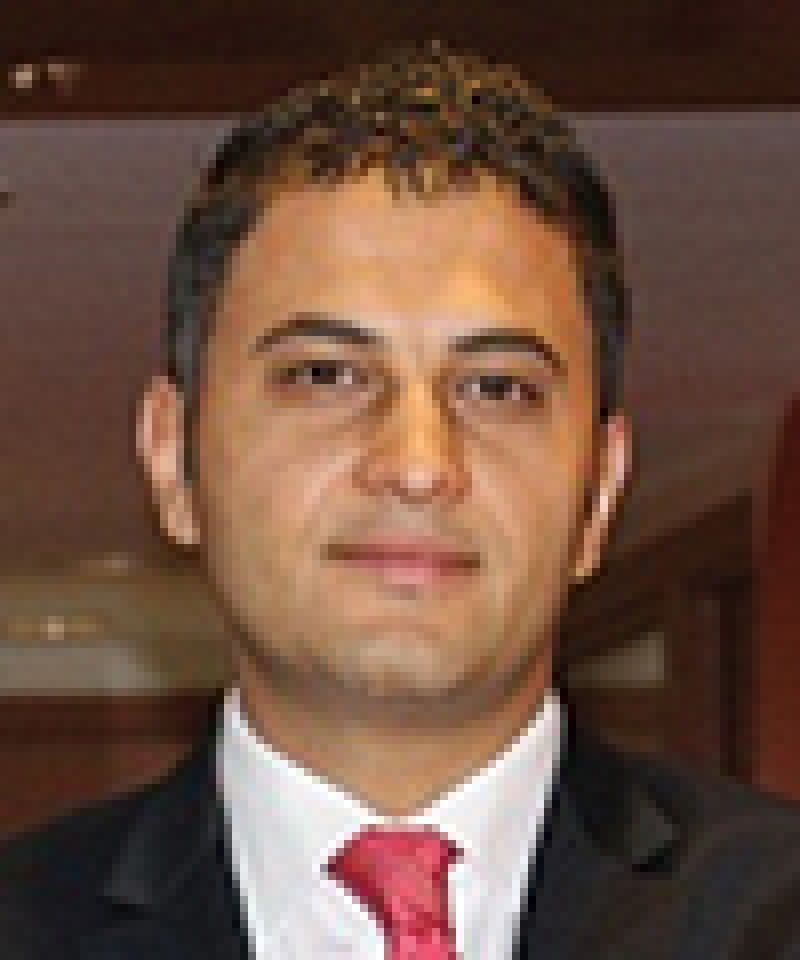
|

|
|
Ramazan Biçer |
Mehmet Erginay |
G20 events in Turkey
Turkey has been hosting G20 events since its presidency of the group began on December 1 2014. The G20 leaders' summit will be held in Antalya, the most attractive touristic destination of Turkey, on November 15-16 2015. We expect that BEPS related issues will continue to be hottest topics on the international tax agenda during the Turkish G20 presidency.
Automatic exchange of information (AEoI)
G20 finance ministers and Central Bank governors held a meeting on February 9-10 2015 in Istanbul. One of the most solid deliverables of the meeting is the commitment to complete necessary legislative procedures to begin AEoI within the previously agreed timeframe.
The OECD, in this regard, held a regional meeting of Eurasia in Ankara on March 4-5 2015 and AEoI was discussed in depth as it is highly important for the implementation of BEPS deliverables. According to Turkish tax authorities, Turkey is now drafting legislation on AEoI and will commence a pilot project in 2016 to meet its 2018 commitments in this area.
International Tax Symposium (ITS)
Turkey will also host G20 ITS on May 6-8 in Istanbul. Without doubt, the focal point of this meeting will be the 2015 developments and deliverables of the BEPS project. We believe that the effect of the BEPS project on the developing countries will be separately evaluated by the participants.
Therefore, it is expected that transfer pricing issues including the lack of comparables, the pricing of commodity transactions and treatment of intra-group services from the perspective of developing countries will be addressed by developing countries. Toolkits for the application of the BEPS measures by developing countries are also likely to be discussed during the symposium.
Turkey's role
These examples show that Turkey is acting as a voice of developing countries in the context of the G20/OECD BEPS project because developing countries have different priorities from BEPS deliverables than developed countries. Turkey also has such priorities and we anticipate that the BEPS Action Plan will bring a different outcome in its tax laws.
For the time being, as in many developing countries, the awareness of the G20/OECD BEPS project by the public and business community in Turkey is limited. Nevertheless, we believe that Turkey's G20 presidency will have a considerable impact both on the developing countries and on Turkish tax legislation. This also might bring in different work tailored for the developing countries.
Turkey, as the G20 chair in 2015, is monitoring the BEPS work which affects both developing and developed countries and shares its approach by delivering key notes to OECD member state tax authorities.
In this respect Turkey, a developing country, is focusing on the BEPS issues also from the developing countries' perspective and encouraging BEPS relevant priorities of developing countries to be rightly addressed in the BEPS deliverables.
Some conflicts may arise among developing countries and developed countries. However the work conducted within the G20/OECD BEPS project should satisfy all parties and we believe that Turkey is the right candidate to address such controversies.
Ramazan Biçer (ramazan.bicer@tr.pwc.com) and Mehmet Erginay (mehmet.erginay@tr.pwc.com), Istanbul, Turkey
PwC
Tel: + 90 212 3266675
Fax: + 90 212 3266050
Website: www.pwc.com.tr









